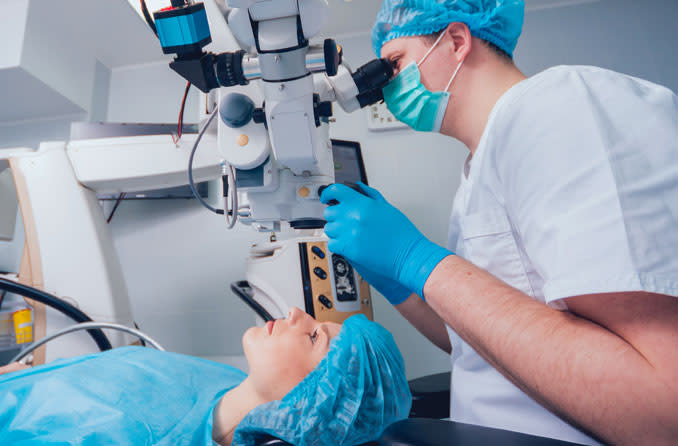Laser technology is quickly penetrating the medical industry as numerous procedures utilize it. The technique uses energy to penetrate the skin and make mild tissue cuts. In turn, the incisions will trigger a particular effect to aid in the healing or reconstruction of cells. Technology is continually changing, and the developers keep refining it to cover treatments other than skin issues.

Read on to gain insights into laser technology and its use in medicine.
An Overview of Laser Technology Use
Numerous sorts of lasers exist. The hardware differs in the frequencies and capacity to make incisions on the tissue. Therefore, businesses in the field need to invest in the best equipment. You can peruse The Laser Trader catalog to identify the best equipment for your profession.
Some of the common uses of laser technology are;
- To treat and manage some skin conditions. It includes removing wrinkling, scars, pigmentation, tattoos, and other kinds of markings on the skin.
- It aids tumor elimination and limits its spread by sealing vessels, thus limiting the expansion of the condition.
- It helps fix veins and limit blood loss in case of accidents or damage to the blood vessels.
On the other hand, there are several infections that medical practitioners can prevent or reduce their impact on the body. This is common in cancer treatment as the laser can help limit the effects of chemotherapy. A surgeon can utilize laser treatment alone or can use it with other related medical procedures. It is also a practice in skin treatment procedures, as a specialist can use several techniques for skin resurfacing.
Laser Treatment Process
Selecting a surgeon for the medical procedure is essential when contemplating laser treatment. Medical practitioners have the right skills to undertake the therapy safely. Before anything, it is beneficial for a patient to seek clarification on inquiries.
Similar to other kinds of medical procedures, laser treatment can have side effects. Some potential issues are alteration in skin tone, scarring, irritation, and discomfort. However, most symptoms happen immediately after the procedure and wear off with time. On the other hand, there are restrictions on the procedure’s use. For example, laser treatments on patients with certain medical conditions or pregnant women may be unsafe.
There are options for surgeons to sedate a patient to limit the pain associated with the procedures. However, having the surgeon or doctor assess to determine any risk factors is important. The information will help develop the ideal treatment for you as the approach differs depending on the person.
Preparation is key in laser treatments as the methodologies differ depending on what a surgeon treats. The specialist might start a patient with certain drugs before the procedure or change their lifestyle to aid the treatment. It usually depends on a person’s history and if there are any pre-existing conditions.
Conclusion
Laser treatment is a medical procedure that requires a specialist to conduct. A surgeon is a qualified professional to handle the therapy.

